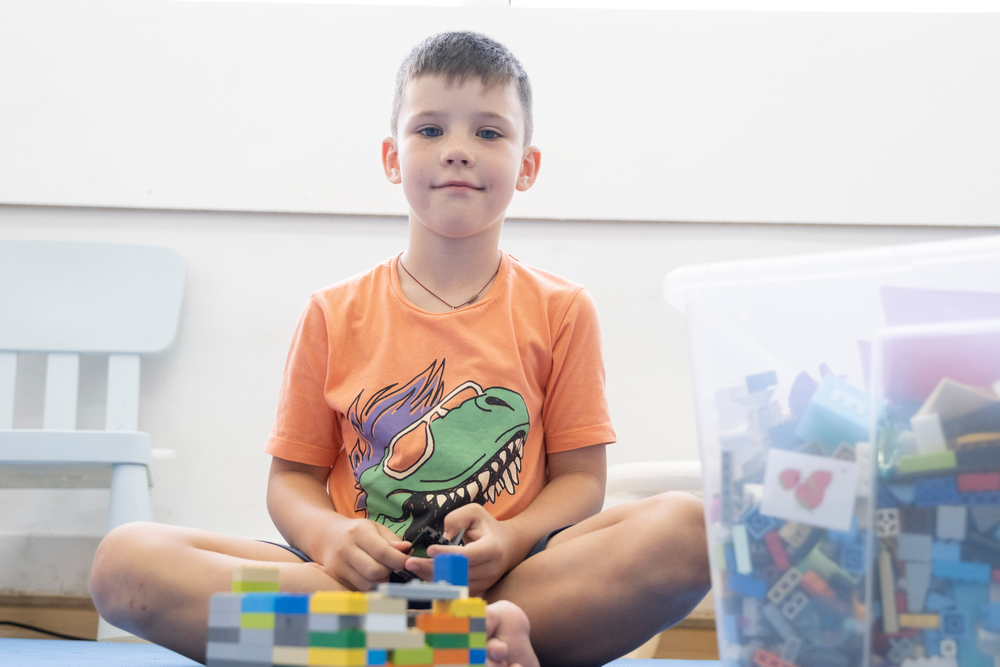
Five things you need to know this week about global education
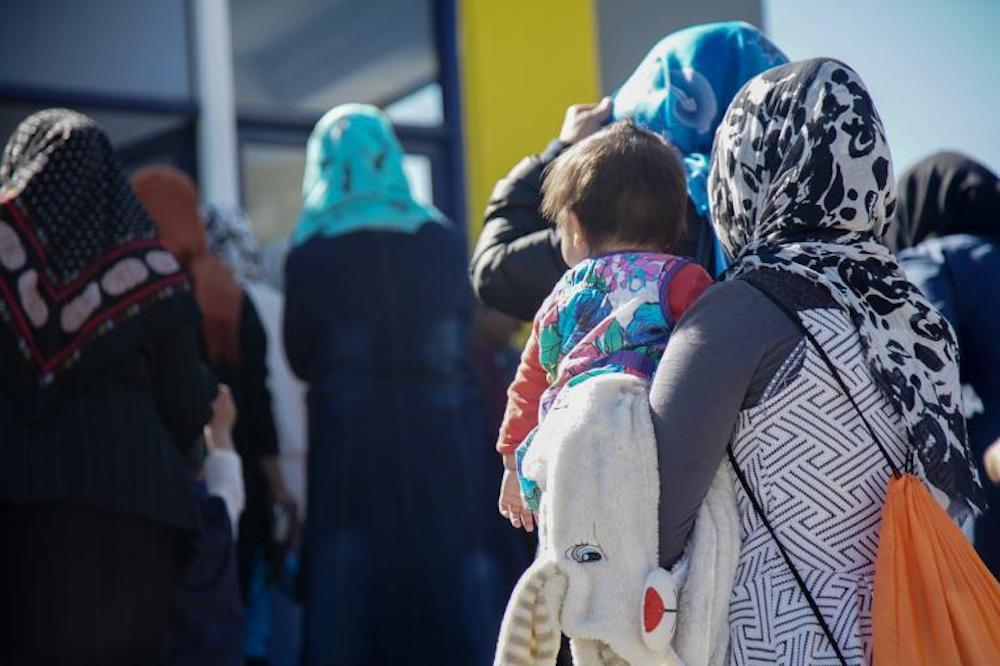
Refugees and internally displaced people
Our roundup includes the devastating fire that destroyed the Moria refugee camp and the continuing effects of Covid-19 on education globally.
Children made homeless by Moria camp fire
Thousands of migrants – including 4,000 children – have been made homeless by a devastating fire that destroyed the Moria camp on the Greek island of Lesvos.
Greek authorities transferred all of the 407 unaccompanied children and teenagers to the mainland early yesterday on three chartered flights.
The squalid and overcrowded camp had been home to 13,000 migrants. The nearby Tapuat education centre, which is supported by Theirworld in collaboration with the Dutch Postcode Lottery (Nationale Postcode Loterij), is being used to provide temporary shelter for migrants.
Camps on the Greek Aegean islands are a temporary home to thousands of school-aged refugee and asylum-seeking children, many of whom fled from conflicts in countries such as Afghanistan and Syria. But fewer than 15% have any form of education.
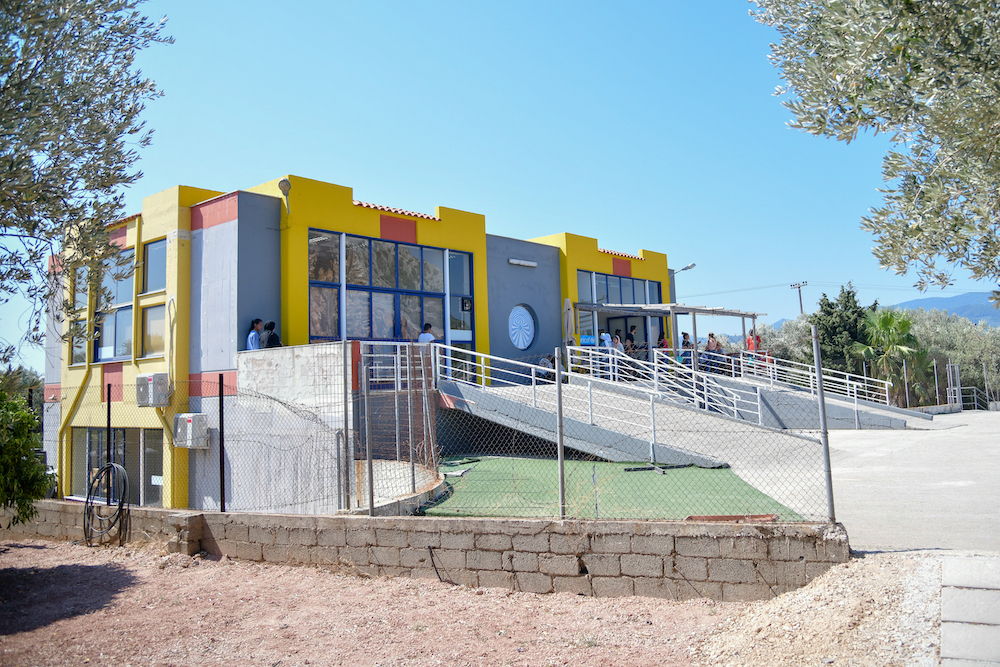
The Tapuat centre, supported by Theirworld, is being used as a temporary shelter (UNICEF/Greece/Iliaktida)
In a blog, Theirworld President Justin van Fleet wrote: “Earlier this year Theirworld delivered a clear message: the international community needs to take responsibility for a refugee crisis in which there are 31,000 child refugees in Greece, including as many as 10,000 across six islands.
“It is time for a pattern of delayed action, lagging political will, and shortages of resources and capacity, to end.
“We’re calling for the creation of a response which prioritises the education, health and safety of children. It’s time this nightmare situation provides some hope, opportunity and promise of a better future.”
In July, the Tapuat non-formal education centre opened a second building, thanks to support from Theirworld. The centre, whose other building is also open after being closed during the global schools shutdown, is now able to provide lessons and play opportunities to hundreds of children.
Updates as more countries reopen schools
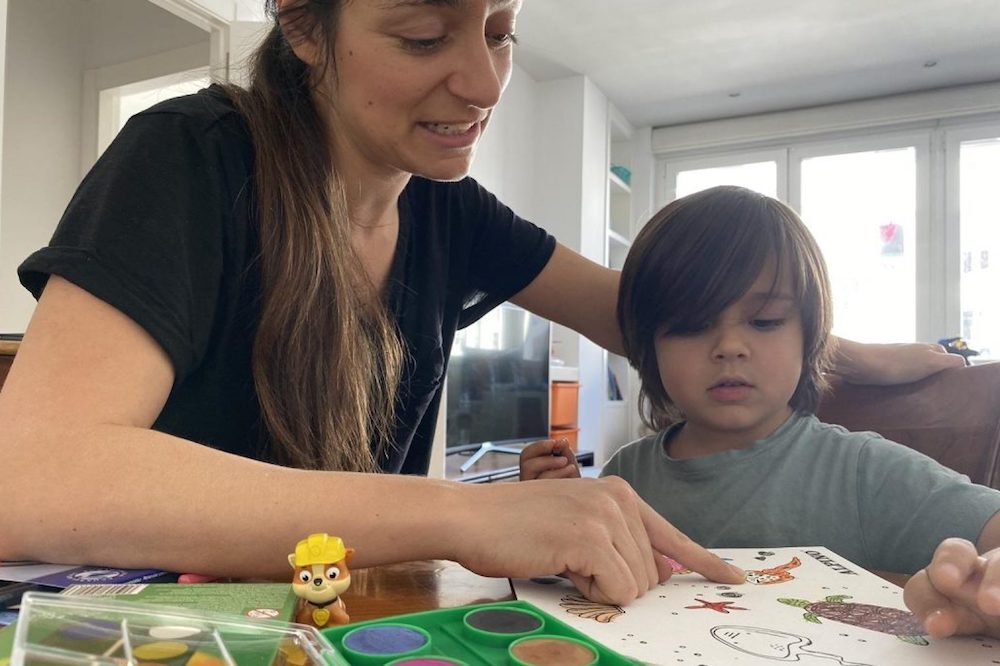
More children are returning to school in the coming weeks (UN Photo)
Schools in Iran reopened to 15 million students on Saturday after a seven-month closure despite concerns over increased spread of Covid-19 in the country. President Hassan Rouhani said: “This year, we shoulder a heavier burden of responsibility toward our students.”
On Tuesday, Turkey announced it was scaling back plans to reopen schools later this month, with only the youngest pupils beginning classes at first, for up to two days a week.
It was also the first day back at school for millions of Spanish children after a six-month break. But not everyone was happy with the return. Maria Varas, who teaches music at Mariano Jose de Larra primary school in Madrid, said: “I’m a teacher and I haven’t brought my children back to school because it’s not safe yet.”
Schools in Pakistan will begin reopening in phases from next week following a fall in new coronavirus case numbers. Higher education institutions and senior school classes will reopen on September 15, class six till eight will open again on the 23rd and primary classes will reopen on the 30th.
8 in 10 of poorest children 'learned little or nothing'
Our new global #ProtectAGeneration report brings together the voices of nearly 25,000 children, parents and caregivers. They told us how #COVID19 has impacted their lives:https://t.co/ybQrUZ7iGZ
— Save the Children International (@save_children) September 10, 2020
The pandemic has had a devastating impact on the education of children from poorer backgrounds and is widening the gap between rich and poor and boys and girls, a new global survey by Save the Children has revealed.
In the past six months, the most vulnerable children have disproportionately missed out on access to education, healthcare, food, and suffered the greatest protection risks. Two-thirds of the children had no contact with teachers at all, during lockdown and eight in 10 believed they had learned little or nothing since schools closed.
For the survey, 25,000 children and their caregivers shared their experiences, fears and hopes during the health crisis.
Priscovia, 17, from Zambia said: “We ask for governments to spend more money to make sure that we can continue learning while at home by providing radios, TVs and internet learning. They must make sure that children in rural areas and from poor families also get to learn.”
Skills lost during school closures will have big impact
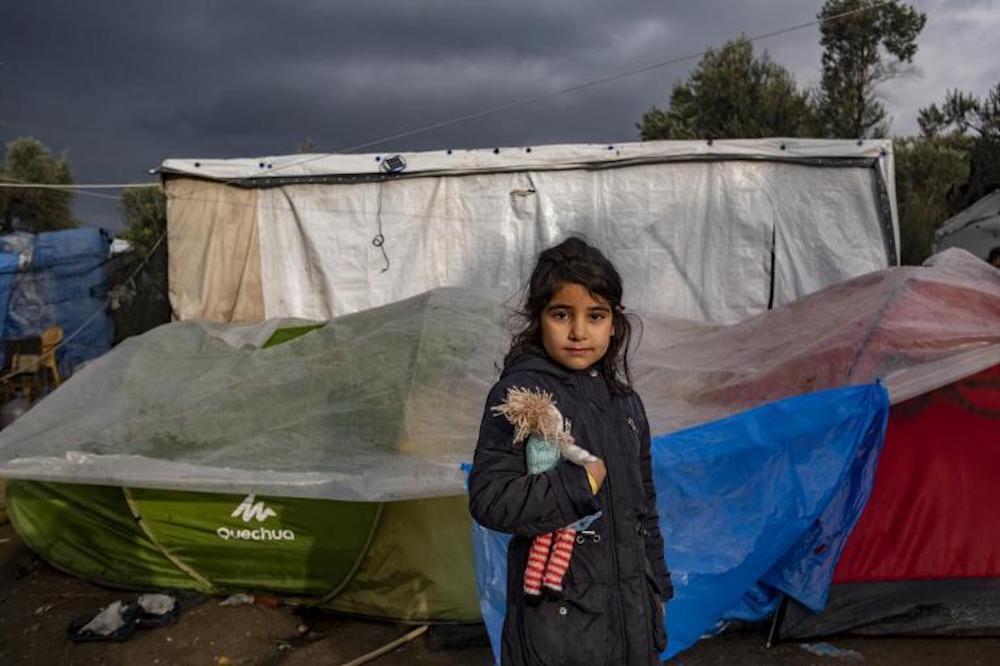
Covid has triggered an education emergency (UN Photo)
Disruption to schooling due to the coronavirus pandemic will cause a skills loss that could result in a 1.5% drop in global economic output for the rest of this century, the Organisation for Economic Cooperation and Development (OECD) has estimated.
For the United States, that will represent an economic loss of $15.3 trillion, with the bill rising higher still if disruption to education extends into the next academic year.
“Learning loss will lead to skill loss and the skills people have relate to their productivity,” said a new OECD report said, explaining the forecast drop in global GDP.
Governments around the world closed schools to curb the spread of Covid-19 – widening the gaps in educational opportunities between the rich and poor. The report added: “Students from privileged backgrounds … could find their way past closed school doors to alternative learning opportunities. Those from disadvantaged backgrounds often remained shut out when their schools shut down.”
ECW grant to help repair Beirut blast schools
Hope! #ECW approves $1.5M First Emergency Response for rehabilitation of schools damaged in the Beirut explosion!
Managed by @UnescoBeirut in collaboration w/@MeHeLebanont this will help ensure safe learning environments for ~30,000 children/youth whose schools were impacted @un pic.twitter.com/ygNMqpLsCG
— Education Cannot Wait (@EduCannotWait) September 4, 2020
Education Cannot Wait has approved $1.5 million in new education in emergency funding in response to last month’s explosion in Beirut. The August 4 blast damaged 140 schools and affected at least 55,000 Lebanese and non-Lebanese students.
Through the ECW grant, UNESCO and Lebanon’s education ministry will support the rapid rehabilitation of about 40 schools, allowing at least 30,000 children and youth to resume their learning during the 2020-2021 school year.
ECW Director Yasmine Sherif said: “Beirut has suffered a lot but will rise again. We need to support the young generation to sustain and this means rehabilitating their damaged schools without delay.”
Over the past month, 38 experts deployed by the Swiss Humanitarian Aid Unit have helped to repair 19 schools damaged in the explosion.
More news

